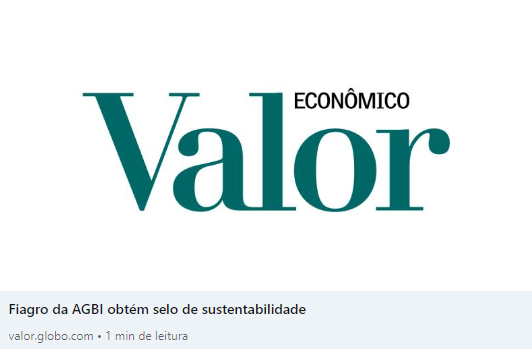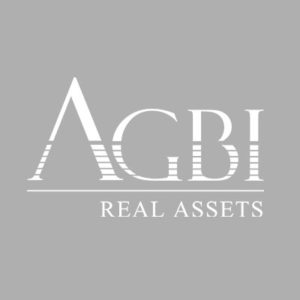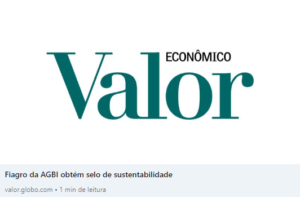Among the commitments that the company has made are zero net deforestation and double-sized replanting of areas in which deforestation has occurred after the enactment of the Brazilian Forest Code.
AGBI, a Private Equity firm focused on investments in real assets in Brazil, obtained a Dark Green label for its AGBI III Carbon Fiagro FIP fund, which is already in the distribution phase to investors. Keeping with a socio-environmental agenda and sustainable agriculture objectives, this will be the first Fiagro (Brazilian investment vehicle specializes in agribusiness) in the country officially in compliance of Article 9(1) of EU Regulation, which can become a differential in the search for international investors.
To receive such label, a fund must meet the parameters of the most renown taxonomies, such as the Climate Bonds Initiative (CBI) and the Sustainability Related Financial Disclosure (SRFD), the main certifiers in the world. The second party opinion was issued by NINT Group (ex-Sitawi).
Among the fund commitments made are zero net deforestation, a criterion already adopted in the company’s previsou funds and replanting of areas whose deforestation has occurred after the enactment of the Forest Code in 2012 in double portion. The company also committed to the use of techniques such as integrated Crop-Livestock-Forestry System, zero tillage (no-till farming), maintenance of forests, dissemination of knowledge on sustainable agriculture, responsible investment, and preservation of natural capital.
AGBI raises capital for the acquisition of farms with degraded pastureland which have potential for conversion to crops – around eighty-six million hectares in Brazil are currently in this situation, according to the company – with the intention of increasing productivity, as well as the price of land. In the first two funds that were recently divested, the company sold its assets for prices up to five times higher than the capital invested, generating great returns to its investors.
With the resources of the “dark green” Fiagro, AGBI aims to buy four to five farms, preferably in Mato Grosso, according to Mario Lewandowski, Director of Business Development at AGBI. The firm did not disclose the funds estimated size, but it expects an increase in market interest since the product has a sustainability label.
The recognition of the “dark green fund” status meets the provisions of article 9 of the Paris Agreement and is the maximum certification of this market, being more rigid that the light green fund certification, or ESG certification. Moreover, the strategy is part of an effort to change the image of Brazilian agriculture and uplift sustainable investments in the country. “To boost investments in sustainable agriculture, we need to integrate our market with foreign investors,” said Lewandowski.
“Chief part of the demands was met to comply with the certification. The formalization of processes serves to strengthen the perception that agriculture is also sustainable. There is no competition between agro and sustainability,” said the executive. In addition to the commitments, AGBI prepared a manifesto on principles of sustainable investments in agribusiness to encourage the best practice in agriculture among farmers.
Translation: AGBI Ativos Reais





